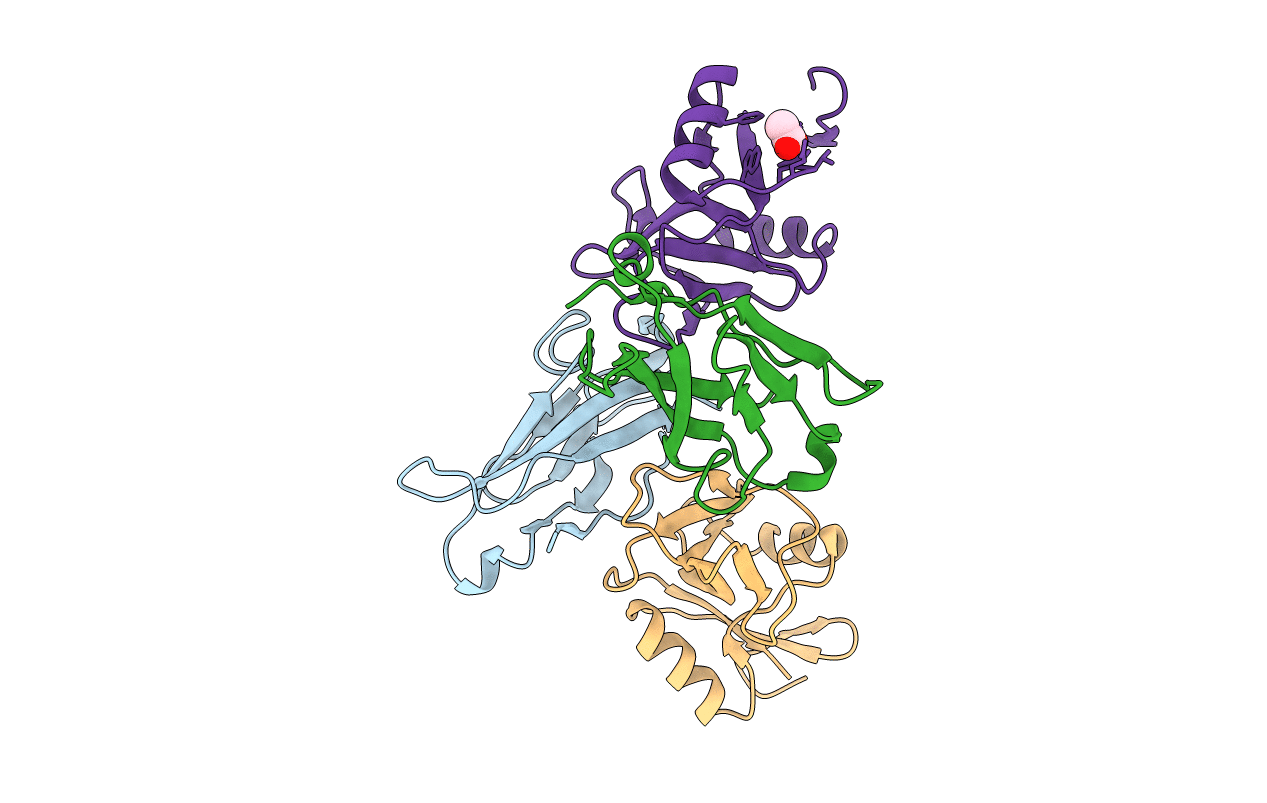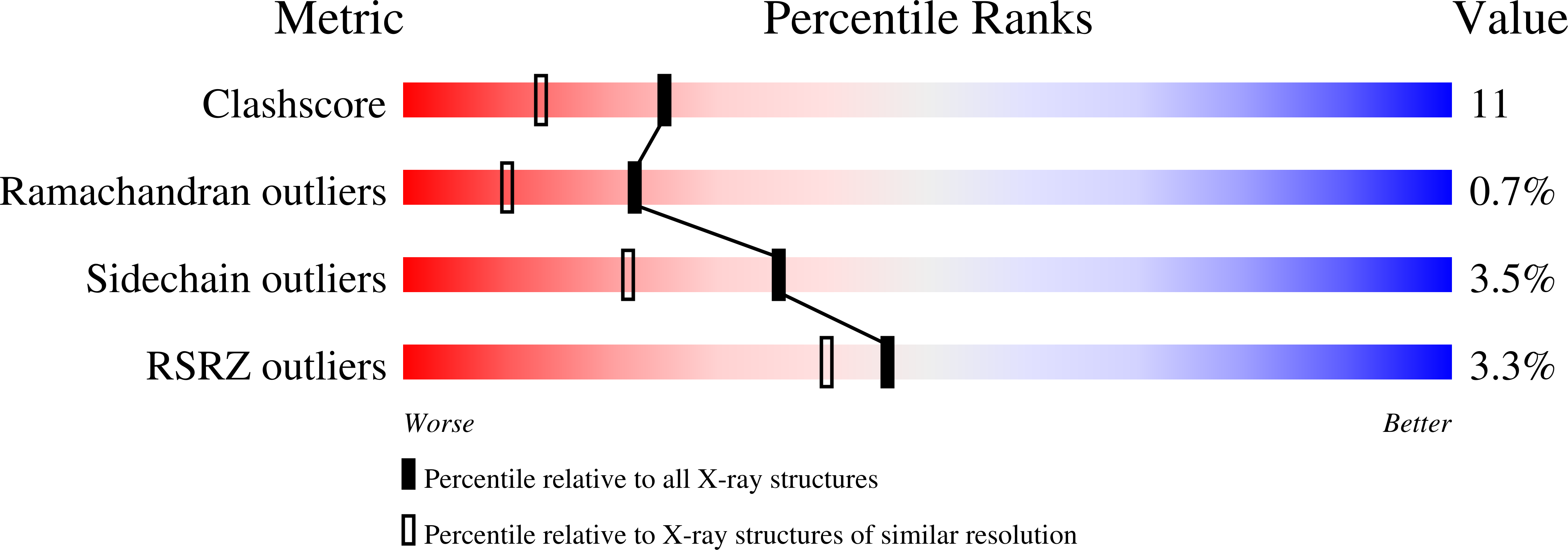
Deposition Date
2008-12-02
Release Date
2009-07-28
Last Version Date
2024-10-16
Entry Detail
PDB ID:
3FF7
Keywords:
Title:
Structure of NK cell receptor KLRG1 bound to E-cadherin
Biological Source:
Source Organism(s):
Homo sapiens (Taxon ID: 9606)
Expression System(s):
Method Details:
Experimental Method:
Resolution:
1.80 Å
R-Value Free:
0.24
R-Value Work:
0.21
Space Group:
P 1 21 1


